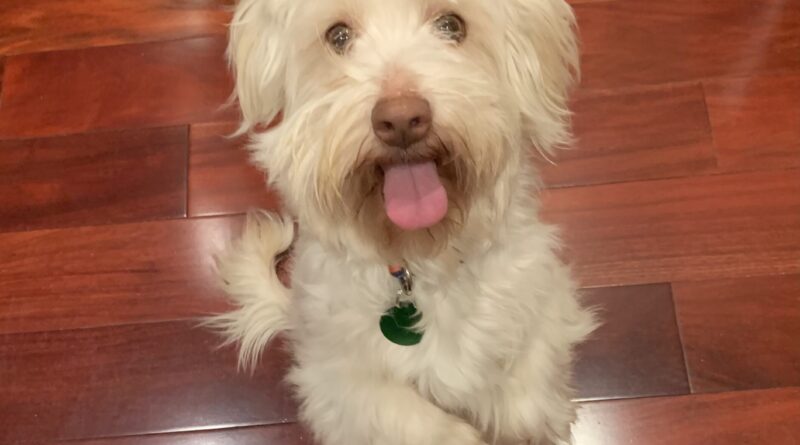Fostering dogs, a rewarding experience
Many people own family pets, but fostering is less common. My family started fostering dogs when I was in seventh grade, several months after our family dog passed away. As a foster family, we provide a loving home for rescue dogs and help match them with their ideal adoptive homes. Though the process comes with its ups and downs, fostering has taught me several important lessons along the way.
Firstly, I have learned that no two dogs are exactly the same, yet all deserve love. Our foster dogs come from all backgrounds; some are rescued from the streets, or saved from being put down at local animal shelters. Like people, every dog has a unique personality—timid or fearless, playful or serious, quiet or loud. One of the most fulfilling parts of fostering is slowly discovering each dog’s character and earning their trust.
Secondly, I have learned to value patience and flexibility. Oftentimes, we receive dogs that have been abused and neglected in the past and therefore require lots of time, patience, and care before they are comfortable being touched and pet. Our first foster dog, a small terrier named Gizmo, had been forced to stay in the backyard all day and night by his previous owner to fend off raccoons. As a result, he aggressively defended his food—but we also learned over time that he loved snuggling and affection. Besides emotional trauma, we have also had to rehabilitate dogs with physical injuries and infections. Each dog requires different treatment and care; methods for some dogs may not work with others, and it takes flexibility to figure this out for each one.
Besides caring for them at home, we also take dogs to adoption events. The rescue we work with screens and assesses potential adopters carefully. Many of our dogs have trauma from being neglected or abused in the past. We therefore try our best to ensure that adopters are aware of the dogs’ needs and will be able to provide them, and not return the dog. Things like the individual dog’s temperament and background are taken into consideration when deciding if the applicant’s family lifestyle and residence are appropriate for them. If you are applying to adopt a dog and get rejected, please understand that it isn’t because of you—it’s because we care deeply for the dogs and want to make sure they find the best-fitting family for their specific needs. There is a right rescue dog for you out there, just maybe not this one.
The most important lesson that fostering has taught me is that sometimes the best way to help is to let go. The question I get asked the most is how I can bear to say goodbye once they have been adopted. The honest answer is: sometimes I can’t. After spending weeks or even months with a dog, you inevitably grow attached to their personality and presence. The house often feels too empty and quiet after they have left. But every time we send a foster dog, especially one that had previously been abused or abandoned, off to their new forever home, it’s heartwarming to know that they have found a family who will love them for the rest of their days. By sending them off, I have done my part in giving them a better future. It always feels rewarding when the excited adopters send photos and updates over the following weeks. And when a new foster dog arrives at our home, I am excited to get to know and love them until the perfect family comes along to adopt them.


I really appreciate this story because it encourages people to help take care of animals even if its not permanently. This story is upbringing and well written.
I like that this spreads the awareness for adopting and not shopping plus the dog looks so happy
This is such an amazing post about dogs and the commitment of the families show makes me happy.
Oh my Gosh! I love dogs. Ralphie looks soooooo adorable. I really want Ralphie. What a greedy pig defending his food though. Don’t worry I can change him.
This story is great! I love how it beings awareness to adopt not shop.
I never knew fostering dogs was a thing! Although it seems wonderful, I would also have a difficult time letting go of them once they’ve been adopted.